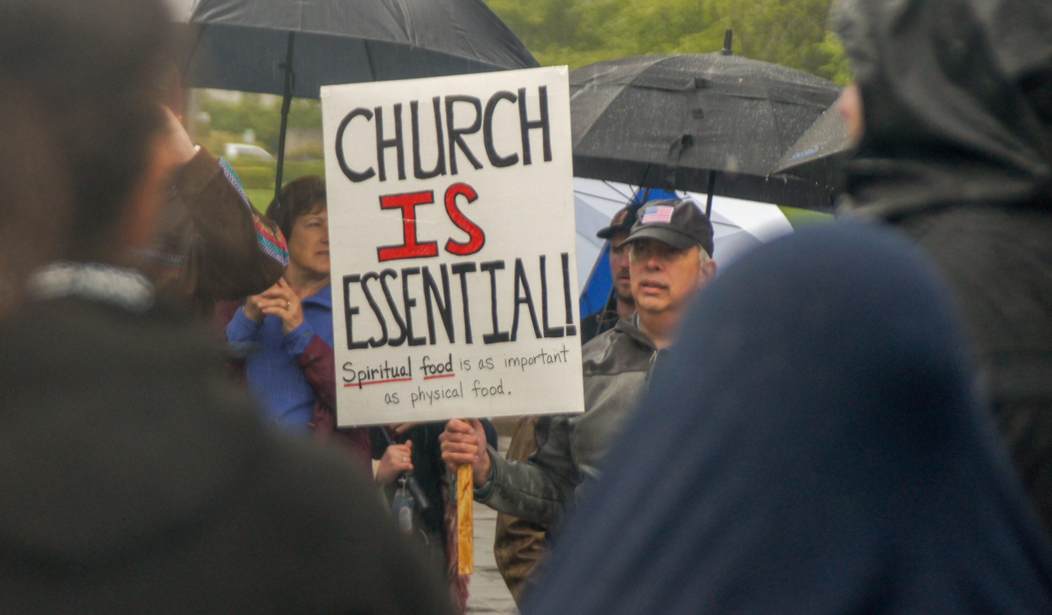On Thursday, the Texas House of Representatives passed H.B. 1239, the Freedom to Worship Act. The bill prohibits government agencies or public officials from issuing an order that closes places of worship in Texas and it authorizes a person whose free exercise of religion has been violated to assert that violation as a defense in court. The bill also states that the government cannot intrude upon religious freedom during a state of disaster.
“Grocery businesses are considered essential but so are churches. Churches provide the bread of life, the spiritual food; without it, God’s people starve,” Jorge Tovar, Pastor of Jordan River Church in Laredo, Texas, said in a statement on the bill’s passage.
It is both tragic and remarkable that a state like Texas would consider such a bill necessary, but during the COVID-19 pandemic, many cities and states have applied harsher lockdown rules on churches and other places of worship than they have on secular spaces.
In one of the most egregious cases, the mayor of Greenville, Miss., banned churches from meeting for drive-in services where parishioners sit separately in their cars with their windows up while listening to the pastor on the radio. California banned singing in religious services. Practicing Christians, Jews, Muslims, and others have been treated like second-class citizens while rioters who steal and kill and destroy get the red carpet.
Early on in the pandemic, New York Mayor Bill de Blasio threatened to “permanently” close churches and synagogues if they meet during the pandemic. In California, 1,200 clergy took to civil disobedience, daring to meet in person without the say-so of Gov. Gavin Newsom (D-Calif.).
At one point, the Supreme Court even ruled in favor of a Nevada coronavirus rule that held churches and synagogues to stricter restrictions than casinos. “There’s no world in which the Constitution permits Nevada to favor Caesar’s Palace over Calvary Chapel,” Justice Neil Gorsuch wrote in his dissent. But Chief Justice John Roberts sided with the liberal justices in upholding Nevada’s ban.
In March 2020, Harris County Judge Lina Hidalgo, who oversees the area of Texas that includes Houston, issued a lockdown order. Three Texas pastors sued, claiming the order violated their religious freedom. Hidalgo updated her order to allow small religious gatherings.
While it seems Texas was spared the high-profile religious freedom battles that took place elsewhere, this new legislation draws a line in the sand on the issue of religious freedom during a pandemic.
It is tragic that such a statement would be necessary in the United States, which was founded on religious freedom.









